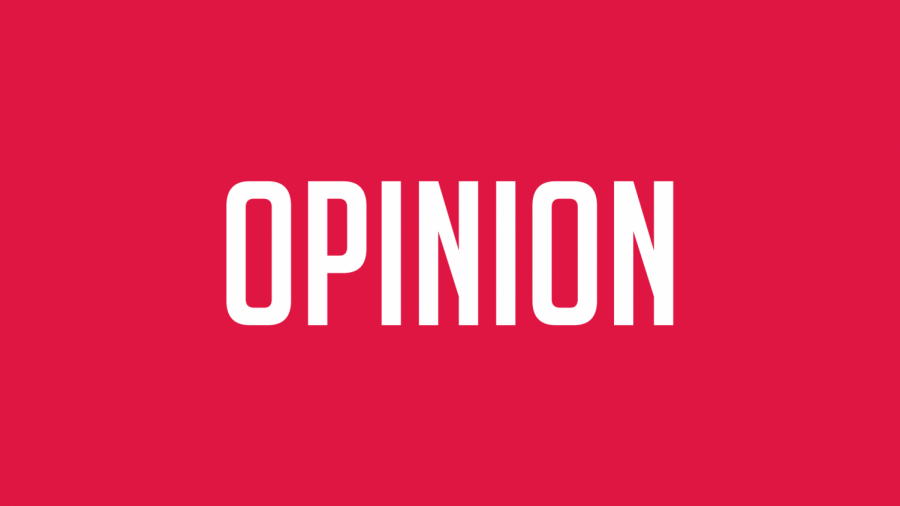OPINION: Your opinion, not theirs: Fighting the influence of groupthink
August 23, 2017
The only thing worse than a biased media is a lazy consumer base. When a single source is the basis of your entire perception on any given topic, you may be missing the mark.
Learning takes time. Reading, watching and listening take effort. It’s a busy and fast-paced world, so you might only have enough free time to hear one opinion about the trials of the American system. But, maybe, you also have a minute to learn something for yourself without the overbearing influence of someone close to you.
The undoing of any uninformed opinion lies inherently within the shallow limitations of its ignorance. It’s time to stop letting other people tell you how to think. Wield the weapon of personal knowledge when it comes to constructing ideas.
Too often appeasement and indifference betray the formulation of a well-rounded viewpoint.
Indifference is simple. We don’t always want to put in the hard labor, so you take what comes easiest. But how could anyone assume that your opinion is one of value when you never took a moment to do the grunt work of researching? Luckily, there is this curious device each of us typically carry around and it can access information from around the world at the touch of a screen. Use a search engine, hit up a couple of news sites and read something longer than 140 characters.
There are news agencies and media outlets out there for almost any given topic. To cultivate an opinion with a strong foundation, look at contrasting sources. Assess and analyze the portions of opposing arguments that both match and dispute any preconceived notion you already accept. Understanding a topic from multiple perspectives is the only effective way to comprehend its entirety.
For example, a person whose singular agent of political discourse comes from a nightly viewing of Sean Hannity’s Fox News television show will be naive to the biases of a liberal point of view. Talk shows that parade themselves as news are problematic enough, even without the viewer’s refusal to engage in meaningful discretion. It’s acceptable to watch a show like Sean Hannity’s as long as we also consider other sources like Anderson Cooper’s perspective as a position of comparison.
If an opinion is constructed with considerable judgment, it will be able to withstand attempts at refutation. Once you’ve gotten inside the heads of the opposition, you will have the tools to create a viable argument worthy of contest. Biases result from a multi-step process that must include personal observation and veritable fact.
Appeasement is a complex issue that will also likely present itself in the pursuit of purposeful opinion development. It’s a lack of willingness to challenge itself, an identity or some sentiment. Human nature breeds favoritism in this way; people prefer to be reaffirmed rather than delegitimized in our convictions.
We seek information that feeds our ideological truths. Too often we write off opinions that do not match our own when we should actually take their relative merit into consideration. Ignorance is a conscious choice made by individuals every day.
We want to appease more than ourselves. Our confidence is driven by the attestation of people we respect or hope to share a common identity with. If we are determined to conform to the traits of a community, we will adopt their tenets as our own.
There has to come a reformation in the mindset of the masses when it concerns their consumption of information.
An original version of this column was headlined “Your opinion, not their’s.” This is not the correct spelling of theirs. The Herald regrets the error.













